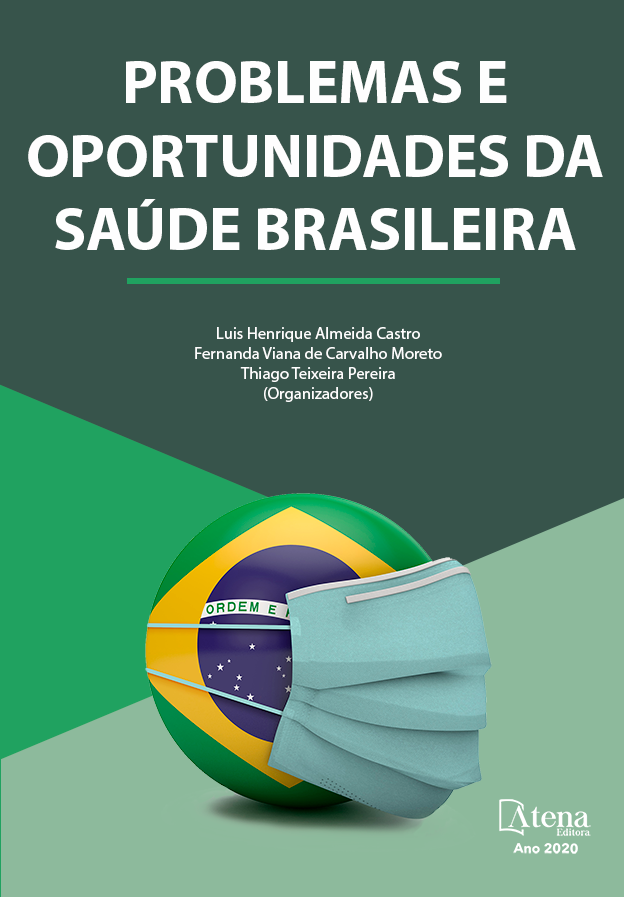
ABORDAGEM SOBRE SEXUALIDADE NO ARRAIÁ DA CAPITAL DE PALMAS-TO
A sexualidade faz parte do desenvolvimento humano e se manifesta de forma distinta ao longo das diferentes fases da vida. A educação sexual é um importante dispositivo para prevenir comportamentos de risco envolvendo diferentes atores, especialmente família, escola e profissionais de saúde. Considerando isso, a atuação direcionada a partir do perfil da população se faz primordial à implementação de medidas interventivas adequadas, seja no âmbito pessoal ou coletivo, já que possuem características psicológicas e fisiológicas distintas. A presente pesquisa teve como objetivo conhecer os aspectos da sexualidade do público do Arraial da Capital no município de Palmas, visando adequado planejamento nas ações de enfrentamento e orientação quanto às IST e ao uso do preservativo e lubrificante como instrumentos de prevenção. Para tanto, foi realizada uma pesquisa de abordagem descritiva e quantitativa com amostragem não probabilística por conveniência do público do 26º Arraiá da Capital. A coleta de dados deu-se após um contato inicial, onde a população foi convidada a participar da pesquisa, sendo esclarecidos os objetivos e, após aceite, entregava-se o questionário aos participantes, que respondiam às perguntas anonimamente. Houve predominância no sexo masculino (61,5%) com faixa etária de 11 a 18 anos (80%). Em relação a idade da primeira relação sexual, houve uma média de 14,9 anos. Grande parte dos jovens informou não ter mais de um parceiro sexual (67,6%), não fazer uso de preservativos em todas as relações sexuais (53,8%) e nunca ter realizado TR (62,7%), sendo que alguns relataram não saber definir o procedimento e seu objetivo. Conclui-se que há necessidade de intervenção com jovens e a maior divulgação da tecnologia do TR como método de diagnóstico e de prevenção combinada.
ABORDAGEM SOBRE SEXUALIDADE NO ARRAIÁ DA CAPITAL DE PALMAS-TO
-
DOI: 10.22533/at.ed.6892026101
-
Palavras-chave: Sexualidade; IST; Diagnóstico situacional; Educação sexual
-
Keywords: Sexuality; STD; Situational diagnosis; Sex education
-
Abstract:
Sexuality is part of human development and manifests itself differently throughout the different stages of life. Sex education is an important device to prevent risky behaviors involving different actors, especially family, school and health professionals. Considering this, the action directed from the population's profile is essential to the implementation of appropriate intervention measures, whether in the personal or collective scope, since they have different psychological and physiological characteristics. Considering this, the action directed from the population's profile is essential to the implementation of appropriate intervention measures, whether in the personal or collective scope, since they have different psychological and physiological characteristics. The present research had as objective to know the aspects of the sexuality of the public of Arraial da Capital in the city of Palmas, aiming at adequate planning in the actions of confrontation and orientation regarding STIs and the use of condoms and lubricants as prevention instruments. For this purpose, a descriptive and quantitative research was carried out with non-probabilistic sampling for the convenience of the public at the 26th Arraiá da Capital. Data collection took place after an initial contact, where the population was invited to participate in the research, the objectives were clarified and after acceptance, the questionnaire was given to the participants, who answered the questions anonymously. There was a predominance of males (61.5%) aged 11 to 18 years (80%). Regarding the age of first sexual intercourse, there was an average of 14.9 years. Most young people reported not having more than one sexual partner (67.6%), not using condoms in all sexual relations (53.8%) and never having undergone RT (62.7%), with some reported not knowing how to define the procedure and its objective. It is concluded that there is a need for intervention with young people and greater dissemination of RT technologies as a method of diagnosis and combined prevention.
-
Número de páginas: 15
- Marcus Senna Calumby
- Taisa Souza Ribeiro
- Ieda Fátima Batista Nogueira
- Alcineia Ferreira dos Santos
- Suenne Ramos de Souza Lemos
- Raiane Silva Mocelai
- Allana Lima Moreira Rodrigues
- Fernanda Maria Fernandes do Carmo Lemos
- Carolina Freitas do Carmo Rodrigues
- Cristina Silvana da Silva Vasconcelos


